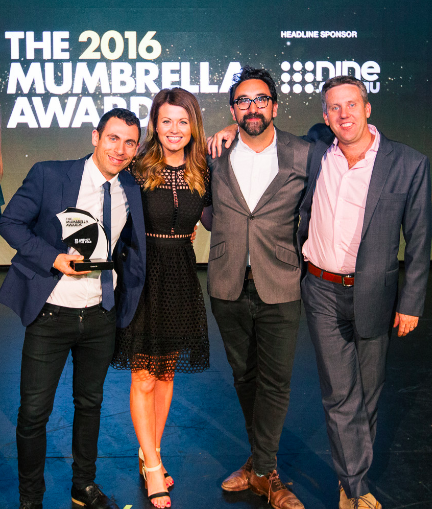How Eleven saw off the heavyweights to become PR agency of the year
The first six months of 2016 have been big for PR agency Eleven, with it picking up high profile accounts and scooping the Mumbrella PR Agency of the Year Award. Mumbrella speaks to Eleven MD Roberto Pace about their success and what’s next for the agency.
If PR agency Eleven largely flew under the radar during the second half of 2015, a period when it bedded down new leadership following the exit of Rob Lowe, then 2016 is when everything clicked into place for the Sydney firm.
While it has enjoyed past success, in campaigns such as MJ Bale’s award winning Grazed on Greatness, the agency has really made its mark since the turn of the year, firstly winning the much-coveted Virgin Mobile telco account, and then taking the McDonald’s PR business from incumbents PPR and Mango.



Congrats Roberto and team. Great interview and great achievement.